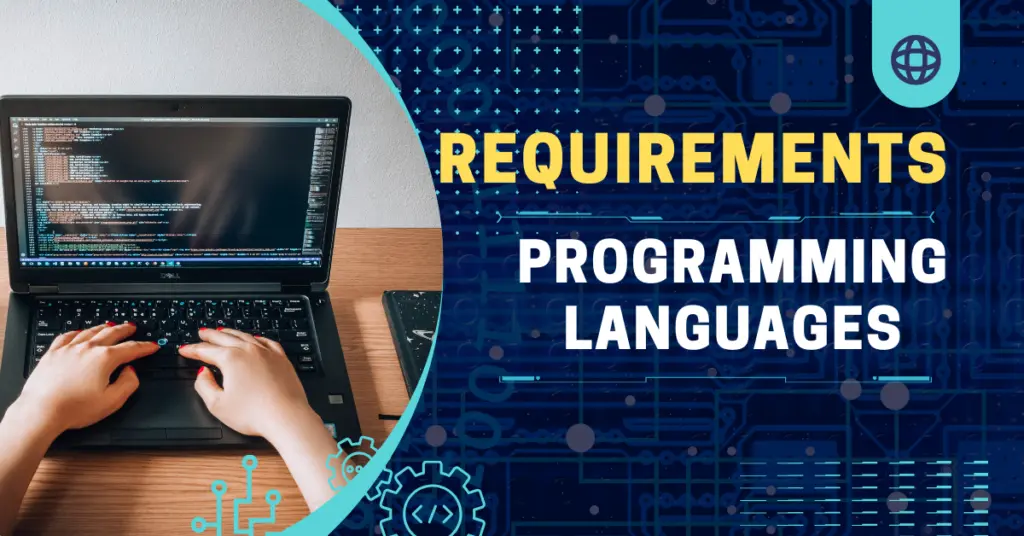How to Prepare for a Web Developer Interview
Are you gearing up for a web developer interview? Congratulations on reaching this crucial stage in your career journey! Whether you’re a seasoned developer looking for a change or a recent graduate ready to dive into the world of coding, preparation is the key to success. This article will guide you through a step-by-step process on how to prepare for a web developer interview, ensuring you showcase your skills and land that dream job.
Understanding the Basics: Know Your Tech Stack
Web Development Basics:

Before delving into the interview specifics, let’s revisit the basics. As a web developer, you’ll be expected to have a solid understanding of fundamental web technologies. Brush up on your knowledge of HTML, CSS, and JavaScript—the building blocks of the web.
Version Control Systems:
Familiarize yourself with version control systems like Git. Many development teams rely on Git for collaborative coding, so having a good grasp of it is essential.
Responsive Design:
With the increasing use of mobile devices, understanding responsive design is crucial. Ensure you know how to create websites that look great on screens of all sizes.
Deep Dive: Mastering the Key Technologies
JavaScript Frameworks:
Most modern web development involves using JavaScript frameworks. Be well-versed in popular ones such as React, Angular, or Vue.js. Understand their core concepts and be ready to discuss your experience using them.
Server-Side Scripting:
Know your way around server-side scripting languages like Node.js, Python, or Ruby. Be prepared to discuss how these languages interact with the front end and handle server-side operations.
Databases:
A strong understanding of databases is crucial. Familiarize yourself with both SQL (Structured Query Language) and NoSQL databases. Designing, and optimizing database schemas.
Practical Application: Build a Portfolio
One effective way to showcase your skills is by having a well-organized portfolio. Create a personal website that not only highlights your technical abilities but also reflects your design sensibilities. This not only demonstrates your coding skills but also your understanding of user experience.
Pro tip: Use platforms like GitHub to host your code repositories. Provide links in your portfolio to relevant projects, allowing interviewers to explore your work.
Stay Updated: Know the Latest Trends
Progressive Web Apps (PWAs):
Stay informed about the latest trends in web development. PWAs are gaining popularity for their ability to deliver a native app-like experience on the web. Understand the concepts behind PWAs and how they can enhance user engagement.
Single Page Applications (SPAs):
Many modern websites are built as SPAs using frameworks like React or Angular. Be ready to discuss the advantages and challenges of developing SPAs.
Mock Interviews: Practice Makes Perfect
Coding Challenges:
Prepare for coding challenges by practicing on platforms like LeetCode, HackerRank, or CodeSignal. This not only hones your problem-solving skills but also familiarizes you with common interview questions.
Mock Interviews:
Conduct mock interviews with friends or utilize online platforms that simulate real interview scenarios. This helps you get comfortable with the interview process and receive valuable feedback.
Soft Skills Matter: Communicate Effectively
Clear Communication:
Web development is not just about coding; it’s also about effective communication. Be prepared to articulate your thoughts clearly. Practice explaining complex technical concepts in a simple, understandable manner.
Problem-Solving Approach:
Showcase your problem-solving skills. Discuss how you approach challenges, break them down into manageable parts, and systematically work towards solutions.
Final Countdown: Preparing for the Big Day
Review Company’s Tech Stack:
Research the company you’re interviewing with. Understand their tech stack and, if possible, align your preparation with the technologies they use. This demonstrates your genuine interest in the role.
Prepare Questions:
Interviews are a two-way street. Come prepared with thoughtful questions about the company, team structure, and projects. This not only shows your enthusiasm but also your commitment to making an informed decision about your potential employer.
Relax and Rest:
In the days leading up to the interview, make sure to get adequate rest. A well-rested mind performs better in high-pressure situations. Remember, you’ve prepared thoroughly—trust your skills.
Conclusion: You’re Ready!
Preparing for a web developer interview requires a mix of technical know-how and effective communication skills. By following this step-by-step guide, you’ll be well-equipped to tackle technical questions, showcase your coding prowess, and present yourself as a valuable asset to any development team.
Remember, each interview is a learning opportunity. Whether you succeed or face challenges, take away valuable insights to enhance your skills further. Best of luck with your web developer interview—you’ve got this!
Top of Form
